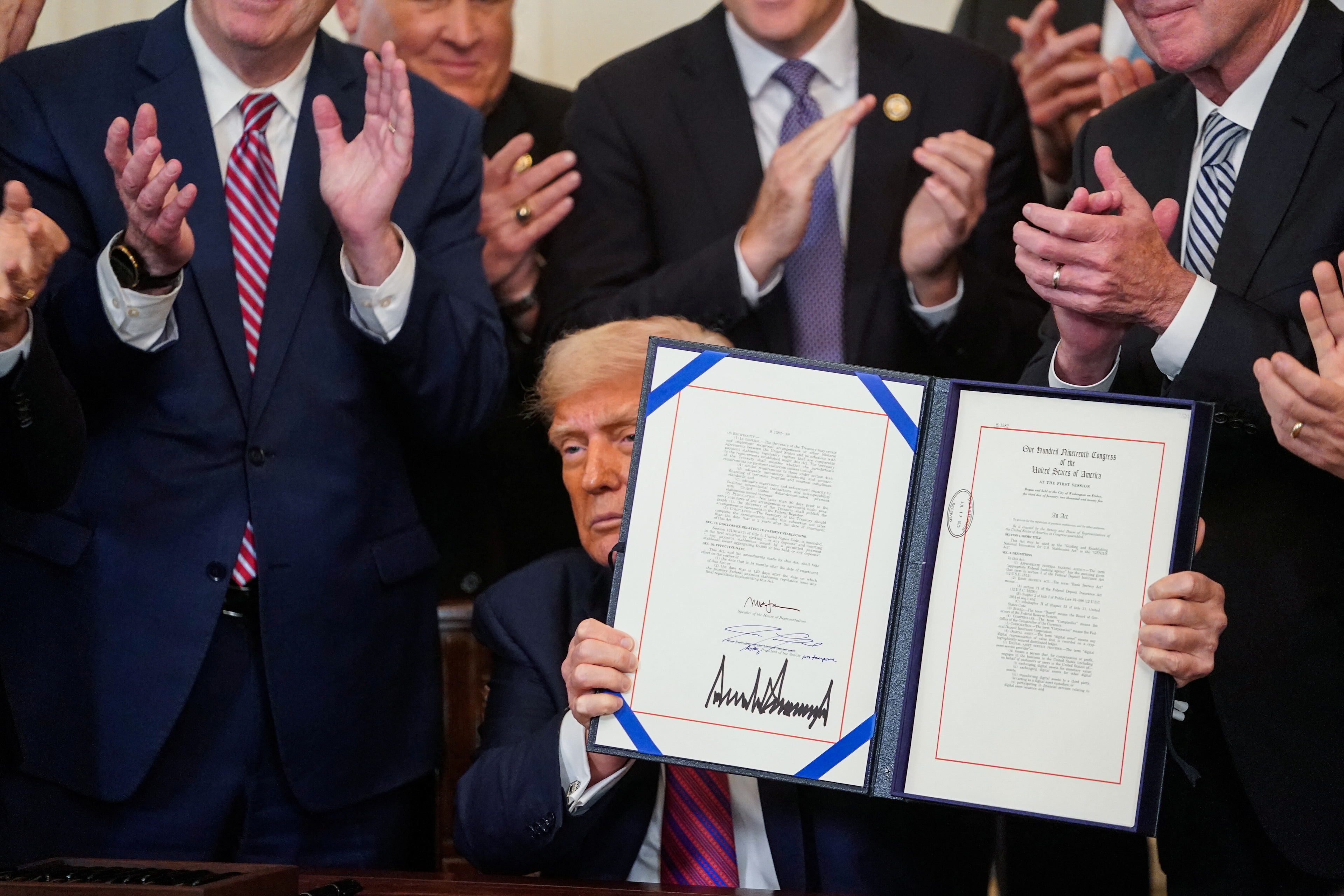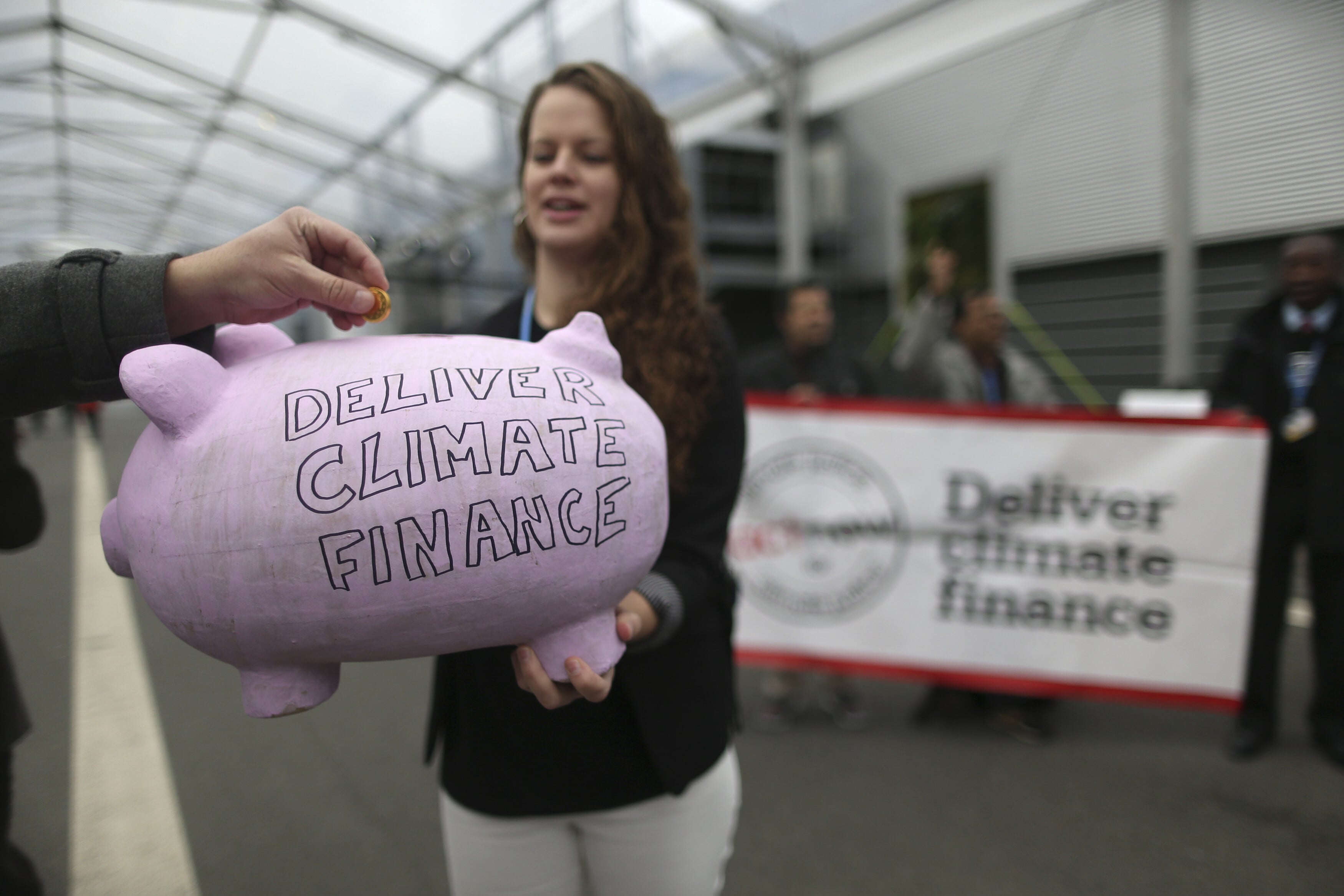Financial regulators’ global variety show

Stay up to date:
European Union
 Howard Davies, former Chairman of Britain’s Financial Services Authority, shares his thoughts on the world’s financial systems
Howard Davies, former Chairman of Britain’s Financial Services Authority, shares his thoughts on the world’s financial systems
In the early phases of the financial crisis, it was fashionable to argue that the United States’ system of regulation needed a fundamental structural overhaul. Differences of opinion between the Securities and Exchange Commission (SEC) and the Commodity Futures Trading Commission (CFTC) had obstructed effective oversight of investment banks and derivatives trading (only the US believes that it makes sense to regulate securities and derivatives separately).
Indeed, the plethora of separate banking regulators had created opportunities for banks to arbitrage the system in search of a more indulgent approach to capital. Likewise, the lack of a federal insurance regulator had left AIG regulated by the Office of Thrift Supervision (OTS) and the New York State Insurance Department, which proved to be a wholly inadequate arrangement.
Little has come of these arguments. The Dodd-Frank Act did succeed in putting the OTS out of its misery, but jealous congressional oversight committees have prevented a merger of the SEC and CFTC, and nothing has been done to rationalize banking supervision. So the American system looks remarkably similar to the one that turned a collective blind eye to the rise of fatal tensions in the early 2000’s.
One factor that contributed to institutional stasis was the absence of a persuasive alternative. In the decade or so leading up to the meltdown of 2007-2008, the global trend was toward regulatory integration. Almost 40 countries had introduced single regulators, merging all types of oversight into a single all-powerful entity. The movement began in Scandinavia in the early 1990’s, but the most dramatic change came in 1997, when the United Kingdom introduced its Financial Services Authority (I was its first chairman).
Other countries adopted slightly different models. A fashionable approach was known as “twin peaks,” whereby one regulator handled prudential regulation – setting capital requirements – while another oversaw adherence to business rules. But twin peaks itself was further subdivided.
The Dutch model brigaded the prudential regulators inside the central bank, while the Australian version was built on a separate institution. These integrated structures seemed to offer many advantages. There were economies of scale and scope, and financial firms typically like the idea of a one-stop (or, at worst, a two-stop) shop. A single regulator might also be expected to develop a more coherent view of trends in the financial sector as a whole.
Unfortunately, these benefits did not materialize, or at least not everywhere. It is hard to argue that the British system performed any more effectively than the American, so the single-regulator movement has suffered reputational damage. And the continuing travails of the Dutch banking system – another bank was nationalized last month – suggest that it is easy to fall into the gap between twin peaks.
The truth is that it is hard to identify any correlation between regulatory structure and success in heading off or responding to the financial crisis. Among the single-regulator countries, Singapore and the Scandinavians were successful in dodging most of the fatal bullets, while the UK evidently was not. Among the twin peak exponents, the Dutch system performed very poorly indeed, while Australian financial regulation may be considered a success.
Does it matter whether the central bank is directly involved? Many central bankers maintain that the central bank is uniquely placed to deal with systemic risks, and that it is essential to carry out monetary and financial policies in the same institution. Again, it is hard to find strong empirical support for that argument.
The Dutch and American central banks, with direct oversight of their banking systems, were no more effective in identifying potentially dangerous systemic issues than were non-central bank regulators elsewhere. Canada is often cited as a country that steered its banks away from trouble, even though they sit uncomfortably close to US markets. But the Bank of Canada is not now, and has never been, a hands-on institutional supervisor. So perhaps the US Congress has been right to conclude that changing the structure of regulatory bodies is less important than getting the content of regulation right.
Elsewhere, though, a lot of structural change is under way. In the UK, every financial disturbance leads to calls to revamp the system. There were major overhauls in 1986, and again in 1997, when the Bank of England lost its banking supervision responsibilities as a delayed response to the collapse of Barings. Next month, it gets them back – and more.
For the first time, the Bank of England will supervise insurance companies as well. A similar change has been introduced in France, where a new Prudential Control Authority has been created. The British and French rarely agree on anything; one is tempted to say that when they do, they are highly likely to be wrong.
It is difficult now to discern a coherent pattern. Certainly, the trend toward full-service single regulators outside the central bank has slowed to a crawl (though Indonesia is consolidating regulators at present). There is no consensus on the role of the central bank: in around a third of countries, it is the dominant player, in another third it has responsibilities for banks only, while in the remaining third it is a system overseer only.
We could see this as a controlled experiment to try to identify a preferred model. After all, financial systems are not so different from one another, particularly in OECD countries. But there is no sign of a considered assessment being prepared, which might at least help countries to make better-informed choices, even if it did not conclude that one model was unambiguously best. The G-20, under its current Russian presidency, is now in search of a role. Here is a useful practical task it might take on.
Howard Davies, former Chairman of Britain’s Financial Services Authority, Deputy Governor of the Bank of England, and Director of the London School of Economics, is a professor at Sciences Po in Paris.
Image: A business man walks past an exchange house advertisment REUTERS/Choi Bu-Seok
Don't miss any update on this topic
Create a free account and access your personalized content collection with our latest publications and analyses.
License and Republishing
World Economic Forum articles may be republished in accordance with the Creative Commons Attribution-NonCommercial-NoDerivatives 4.0 International Public License, and in accordance with our Terms of Use.
The views expressed in this article are those of the author alone and not the World Economic Forum.
Related topics:
Forum Stories newsletter
Bringing you weekly curated insights and analysis on the global issues that matter.
More on Financial and Monetary SystemsSee all
Sandra Waliczek
August 8, 2025
Rebecca Geldard
August 7, 2025
Aurora Matteini and Derek Baraldi
August 6, 2025
Sandra Waliczek and Harry Yeung
July 29, 2025
Pranidhi Sawhney and Adam Skali
July 29, 2025
David Carlin and Sourajit Aiyer
July 28, 2025





